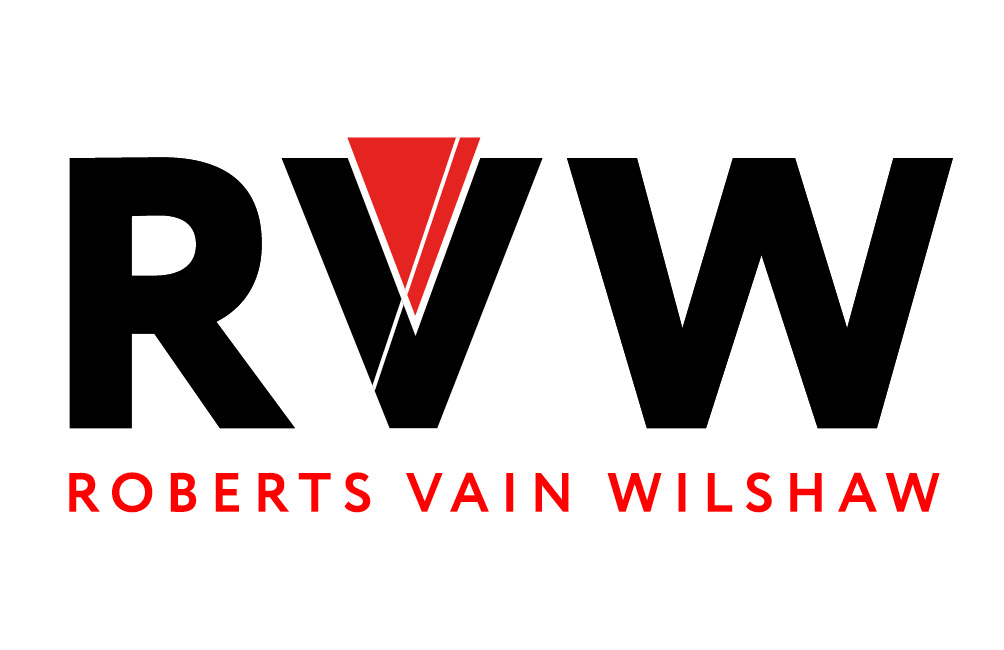Years of legal wranglings caused by a diligent receptionist ends in Supreme Court
Another long-standing business rates saga has finally come to its conclusion in the Supreme Court in the case of UKI (Kingsway) Limited v Westminster City Council.
This case dates back to 2012 and, believe it or not, six year’s of court hearings and appeals all hinged on the actions of a diligent receptionist.
In January 2009, the respondent (UKI) began the redevelopment of a building at 1 Kingsway, London. In February 2012, the appellant council informed UKI’s agents that it intended to serve a completion notice specifying a completion date of 1 June 2012. The building was being managed by Eco FM under a contract with UKI, but Eco had no authority to accept service on UKI’s behalf.
On 5 March 2012, the council delivered a completion notice by hand to the building, specifying 1 June 2012 as the completion date addressed to “Owner, 1 Kingsway, London WC2B 6AN”. It was given to a receptionist employed by Eco, who scanned and emailed a copy of the notice to UKI, which received it by no later than 12 March 2012.
On 29 March 2012, an appeal was lodged by UKI’s agents against the completion notice, “on behalf of Eco”, on the grounds that the service of the notice was invalid because it was not served on UKI but on the receptionist for Eco. On 7 May 2013, the premises were brought into the rating list with effect from 1 June 2012. UKI proposed that the entry be deleted due to invalid service, but this wasn’t accepted by the valuation officer.
The Valuation Tribunal allowed the appeal against the completion notice and the inclusion of the premises in the rating list. The Upper Tribunal reversed that decision, but it was re-instated by the Court of Appeal.
The issue for the Supreme Court was whether the completion notice was validly served on the date it was received by UKI, in circumstances where: (i) it was not delivered directly but passed through the hands of Eco’s receptionist, who was not authorised for that purpose by either party; and (ii) it was received in electronic, rather than paper form.
The Supreme Court unanimously allows the appeal and restores the order of the Upper Tribunal. Lord Carnwath gave the lead judgment on the two elements.
(i) Indirect service
The means of service prescribed by the statute are not exclusive. Under ordinary principles the real issue is whether the council caused the notice to be received by UKI. Regarding the interposition of a third party, in the form of the Eco receptionist, it is unnecessary and unrealistic to introduce concepts of agency or statutory delegation. As the Upper tribunal observed, the Eco receptionist did no more than would reasonably be expected of a responsible employee in that position. It was the natural consequence of the council’s actions.
(ii) Electronic communication
Before the enactment of the Electronic Communications Act 2000 (“the 2000 Act”), the state of the law was such that service by fax was valid. There is no good reason for distinguishing transmission by fax from transmission by email as in this case.
The purpose of the 2000 Act and Orders made under it is to provide a clear and certain basis for the routine use of electronic methods by authorities. That purpose is not undermined by a conclusion that under general principles, and on the particular facts of this case, the notice was successfully served by email. Therefore, the property was correctly brought into the rating list with effect from 1 June 2012.
Regardless of this judgement it should still act as a cautionary tale for Local Authorities to ensure that all legal notices and other missives are addressed and delivered correctly – in this case some six years of legal wranglings could have been avoided.
Selected industry experts bring you insight and expert advice, across a range of sectors.
Subscribe for free to receive our fortnightly round-up of property tips and expertise
Selected industry experts bring you insight and expert advice, across a range of sectors.
Subscribe for free to receive our fortnightly round-up of property tips and expertise





